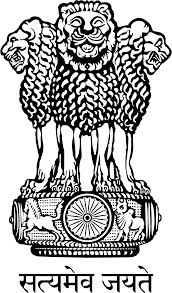HISTORICAL PERSPECTIVE
BackMalaria has been a major public health problem in India. Intermittent fever, with high incidence during the rainy season, coinciding with agriculture, sowing and harvesting, was first recognized by Romans and Greeks who associated it with swampy areas. They postulated that intermittent fevers were due to the 'bad odour' coming from the marshy areas and thus gave the name 'malaria' ('mal'=bad + 'air') to intermittent fevers. In spite of the fact that today the causative organism is known, the name has stuck to this disease.


























